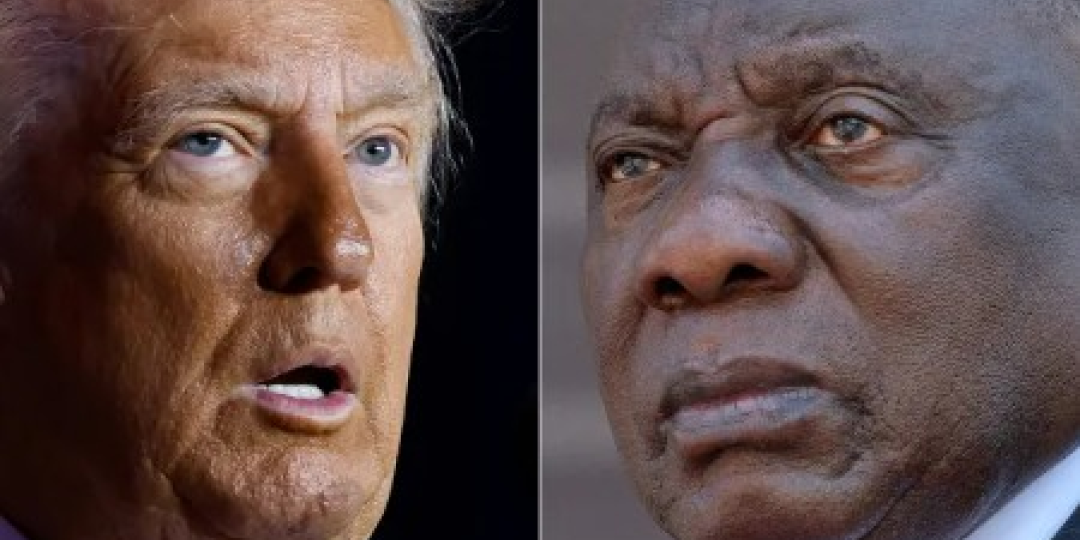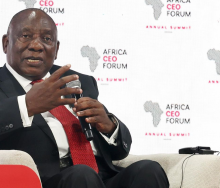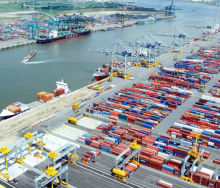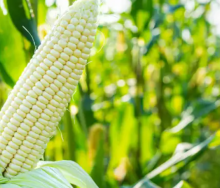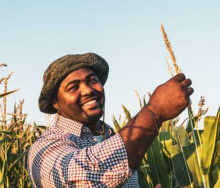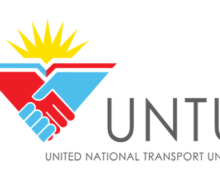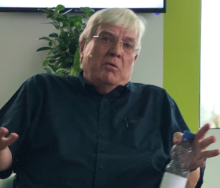All eyes are on South African President Cyril Ramaphosa this week as he meets with US President Donald Trump in the United States, accompanied by a delegation of senior ministers.
Apart from a high-level discussion between the Heads of State in the Oval Office, Ronald Lamola, Minister of International Relations and Cooperation; Khumbudzo Ntshavheni, Minister in the Presidency; John Steenhuisen, Minister of Agriculture and Rural Development; and Parks Tau, Minister of Trade and Industry, will be meeting with their US counterparts.
On the US side of things, Trump will be flanked by his deputy, JD Vance, Secretary of State Marco Rubio and South African expat and billionaire Elon Musk, currently head of the Trump Administration-created Department of Government Efficiency.
The meeting is widely regarded as a pivotal moment in the relationship between the two nations.
The visit is seen as an opportunity to reset and strengthen diplomatic ties, which have cooled considerably in recent years.
Analysts note that this engagement comes amid heightened tensions sparked by the US’s recent acceptance of white South African refugees under a special resettlement programme.
Last week, shortly after the first of 49 “Afrikaner refugees” arrived at Dulles Airport in Virginia, Ramaphosa told a press conference at the Nampo Harvest Day expo in the Free State that there was no persecution of Afrikaans-speaking farmers and their families.
While addressing the media, he said the people who had fled from South Africa to the US had done so because they didn’t want to be part of the process of post-Apartheid transformation, calling them “cowards”
Later that week, also while visiting the Nampo event on the outskirts of Bothaville, Ramaphosa’s deputy, Paul Mashatile, while paying his respects at a remembrance area for slain farmers and their families, seemed to be backtracking on the president’s stance.
He said the government was with the country’s agricultural community insofar as farm murders were concerned.
In addition to current trade tension between SA and the US over a number of bilateral disagreements, the issue is expected to take centre stage when Ramaphosa and Trump meet on Wednesday.
Trump and some US figures have claimed that white Afrikaner farmers in South Africa face “genocide” and persecution. These allegations have been firmly rejected by Ramaphosa’s government, which insists that such claims misrepresent the complex realities of South Africa’s racial and social dynamics.
Economic and trade discussions are expected to feature prominently on the agenda. South Africa remains the United States’ second-largest trading partner on the African continent, and President Ramaphosa is expected to push for a comprehensive trade agreement covering key sectors such as agriculture, gas, automotive and minerals.
Beyond bilateral issues, the talks are likely to touch on regional and global matters of mutual interest. South Africa currently holds the presidency of the G20 and is preparing to hand over the role to the United States later this year, adding further significance to the dialogue.
The presence of key ministers responsible for international relations, agriculture, and trade underscores the broad scope and importance of the visit.
While some observers expect the meeting to be challenging, given the sensitive nature of the refugee and land reform issues, President Ramaphosa is widely expected to maintain a composed and dignified approach to safeguard South Africa’s interests.
This high-profile meeting represents a critical juncture in South Africa-US relations, offering a chance to address misunderstandings, bolster economic ties, and enhance cooperation on global challenges.
